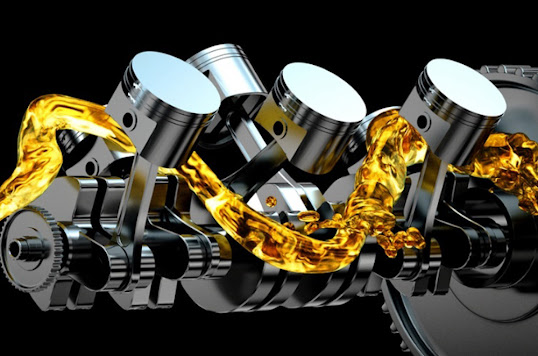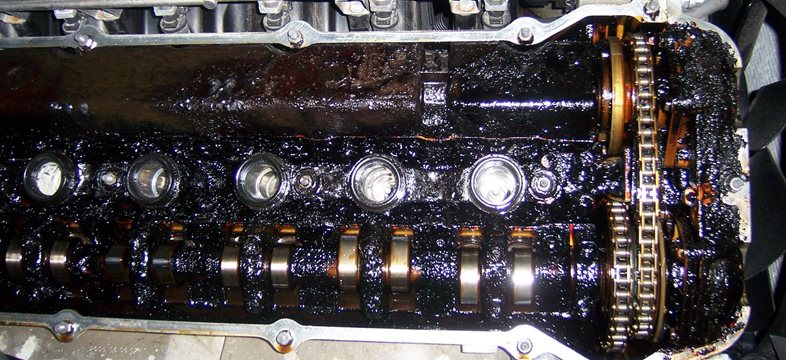Car lubricants, such as engine oil, transmission fluid, and gear oil, are designed to reduce friction and wear between the moving parts of a car's engine and transmission. This reduction in friction and wear helps to extend the lifespan of the engine and transmission and improve their performance.
The work done by a car lubricant can be measured in terms of its ability to:
Reduce friction: Lubricants reduce the friction between moving parts, which reduces wear and tear on the engine and transmission. This allows the engine to operate more efficiently and with less energy loss due to friction, which can result in improved fuel efficiency and performance.Cool and clean: Lubricants also help to cool the engine and transmission by carrying heat away from the moving parts. They also help to clean the engine by removing contaminants and debris from the moving parts.
Protect against corrosion: Lubricants can help to protect the engine and transmission against corrosion by forming a barrier between the metal surfaces and the surrounding environment.
Overall, the work done by a car lubricant is essential in maintaining the performance and longevity of a car's engine and transmission.
What happened if engine run without lubricants ?
Running an engine without lubricants can cause significant damage to the engine and may even result in the engine seizing and becoming permanently damaged. Lubricants, such as engine oil, are critical for protecting the moving parts of the engine from excessive friction and heat. When an engine runs without oil or with insufficient oil, the moving parts, such as the pistons, bearings, and crankshaft, rub against each other and generate heat, which can cause the parts to become damaged or even weld together. This can lead to the engine seizing, which means that it stops working entirely.
In addition to causing damage to the engine, running an engine without lubricants can also cause other issues, such as overheating, increased fuel consumption, and reduced performance. It is important to regularly check and change the engine oil according to the manufacturer's recommendations to ensure that the engine is properly lubricated and protected.
The frequency with which you should change your engine oil depends on a variety of factors, including the type of oil used, driving conditions, and the vehicle manufacturer's recommendations. However, here are some general guidelines to help you determine when you need to change your engine oil:
Check the owner's manual: The owner's manual provides detailed information about the recommended maintenance schedule for your specific vehicle, including when to change the engine oil. It is important to follow the manufacturer's recommendations to ensure that the engine oil is changed at the right intervals.
Check the mileage: Most vehicle manufacturers recommend changing engine oil every 5,000 to 7,500 miles for conventional oil and up to 15,000 miles for synthetic oil. However, the recommended mileage may vary depending on the type of oil and driving conditions.
Check the oil level and color: It is a good practice to regularly check the oil level and color using the dipstick. If the oil level is low or the color is dark and dirty, it may be time to change the oil.
Check the driving conditions: If you frequently drive in extreme conditions, such as high temperatures or dusty environments, you may need to change the engine oil more frequently.
Check the age of the oil: Engine oil can degrade over time, even if the vehicle has not been driven. It is recommended to change the engine oil every 6 to 12 months, even if the mileage is low.
In summary, it is important to follow the manufacturer's recommended maintenance schedule for changing the engine oil and to regularly check the oil level and condition to ensure that the oil is in good condition. Thanks For Stay With Us ...... We will meet again with another interesting topic .









Leave a Comment